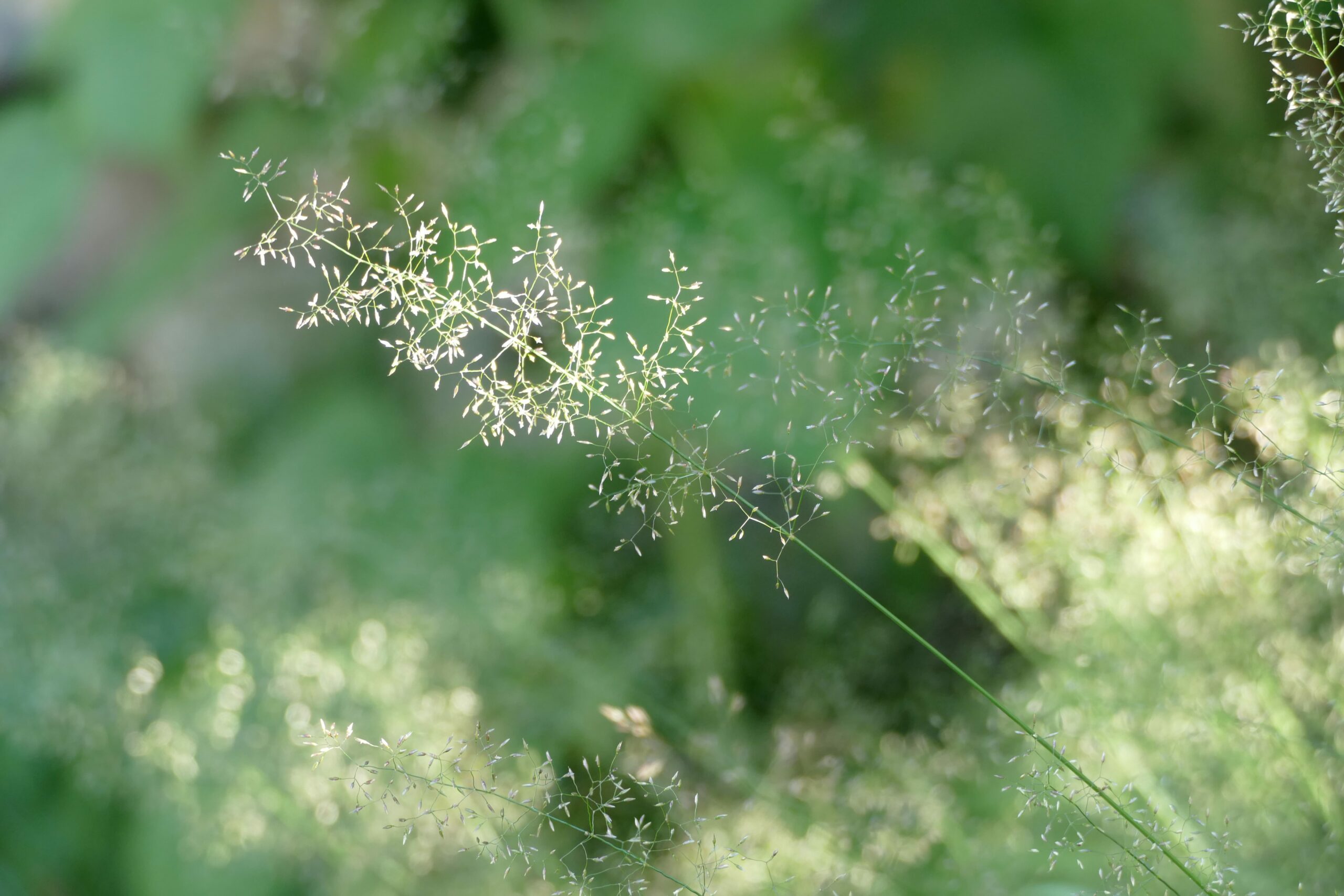 01 Jul 2023
01 Jul 2023
BY: Sunny Jaspal
Acupuncture / Blog / Conditions
Comments: No Comments

It’s that time of year again – hay fever season is upon us
Some of us have already been suffering from various tree pollens, others may just be starting to feel the effects of grass and weed pollen. If you suffer with seasonal allergic rhinitis it’s a good idea to check a pollen calendar for your area, such as this one which looks at pollen counts here in the East of England and across the country.
Seasonal allergic rhinitis is the most common immunological disease affecting 10–15% of children and 26% of adults in the UK (GK Scadding et al, 2017). Allergies such as seasonal allergic rhinitis can make life miserable and should not be underestimated. Risk of depression in allergic rhinitis suffers (including perennial allergic rhinitis) is between 20 – 40% (Mou, Ya-Kui et al, 2022). Allergic rhinitis can trigger depression (Nian-Sheng Tzeng et al, 2018).
With hay fever on the rise, apparently having trebled in the last 20 years (Lee, 2003) you may be wondering what you can do if you wish to avoid the many symptoms associated with this illness?
Acupuncture may be helpful
Recent clinical trials have shown that acupuncture is effective in the symptomatic treatment of persistent allergic rhinitis (Xue CC et al, 2007). Acupuncture leads to clinically relevant and persistent benefits when used alongside routine care (Brinkhaus B et al, 2008). In the treatment of persistent allergic rhinitis in children, acupuncture was effective in reducing symptom free days, and more effective than sham acupuncture (Ng DK et al, 2004).
The results from systematic reviews are mixed. A review looking at ear acupuncture for allergic rhinitis found it was as effective as body acupuncture in the short term, and more effective than antihistamines in the long term. However, due to the low quality of research the benefits are unknown (Zhang CS et al, 2010). Another review found efficacy for perennial but not seasonal rhinitis (Lee MS et al. 2009). A review from Xiao L et al, 2009 review found acupuncture and moxibustion to be effective. However due to the low quality of research a firm conclusion could not be drawn. And one more review was unable to draw firm conclusion due to insufficient evidence (Roberts J et al, 2008).

